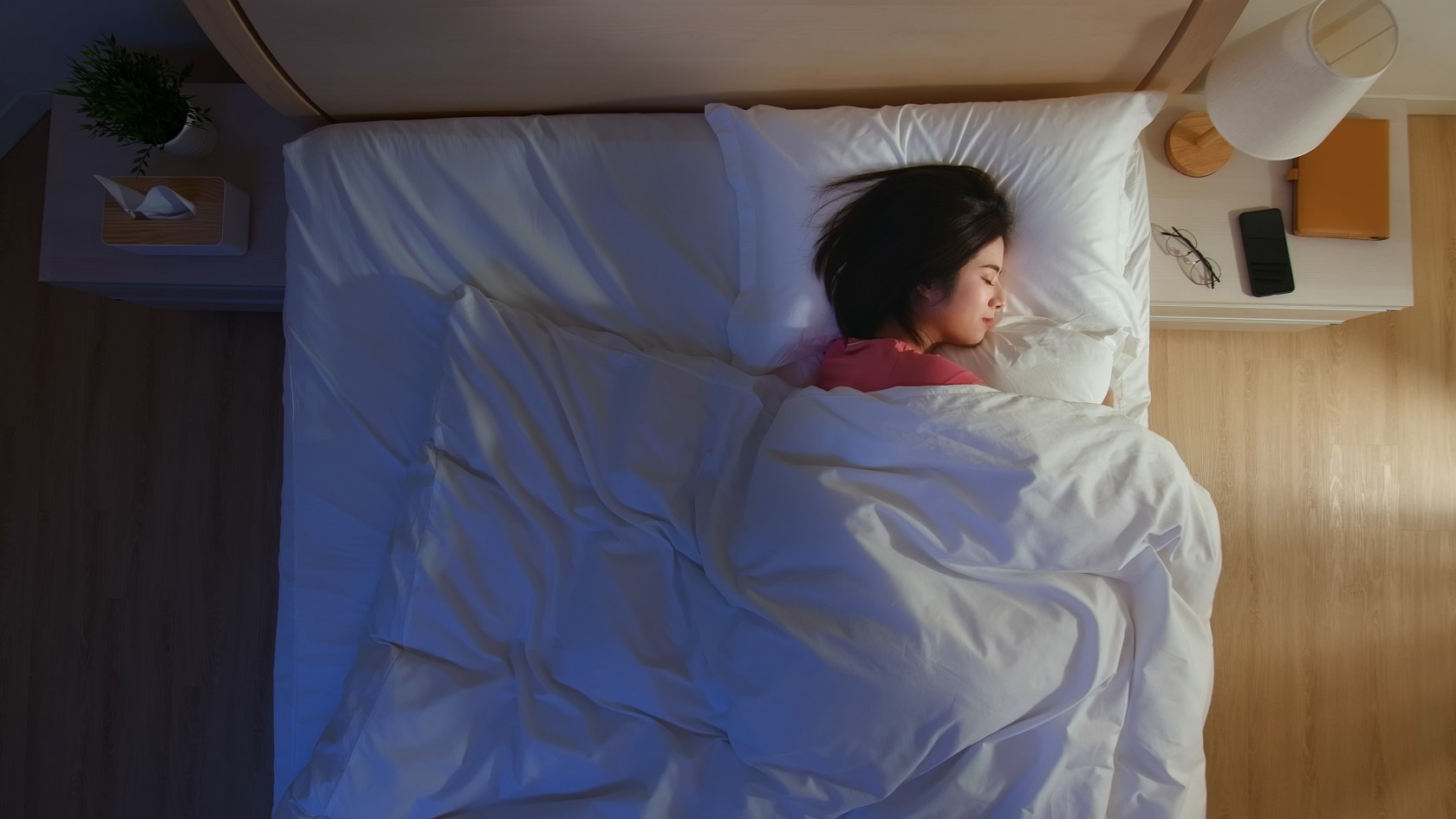Between bright light and a good mood, plenty of sleep

Researchers outline path to lower risk of depression
Why might more time in the sun boost a person’s mood? A new study led by investigators at Harvard-affiliated Brigham and Women’s Hospital suggests that sleep may hold the key. The study, which included more than 6,600 participants, found that participants who spent more time in bright light had more regular sleep, and that more regular sleep was associated with lower depression symptoms and lower odds of mild or severe depression. Results are published in JAMA Network Open.
“Getting consistent, regular sleep has wide-ranging effects on our health,” said co-author Susan Redline, the Peter C. Farrell Professor of Sleep Medicine at Harvard Medical School and a senior physician in the Brigham’s Division of Sleep and Circadian Disorders. “Future studies examining bright light therapy should not overlook the role sleep regularity may be playing in influencing mood and depression symptoms.”
The study, which was led by first author Danielle A. Wallace, also of the Division of Sleep and Circadian Disorders, used data collected from 2011 to 2014 from the National Health and Nutrition Examination Survey. The team investigated whether bright light exposure (at a level generally equivalent to daylight exposure) was associated with depression symptoms, and, if so, whether the sleep-regularity index (a measure of the consistency of day-to-day sleep schedules) explained this association. Bright light and sleep regularity were measured using a wrist-worn device.
“We found that greater time spent in bright light was modestly associated with lower depression symptoms and that sleep regularity partly explained this association,” said Wallace. “Higher Vitamin D was also associated with greater bright-light exposure and greater sleep regularity, but not with depression symptoms.”
The authors noted that the findings are limited by the cross-sectional nature of the data, and therefore causality cannot be determined. For example, depression symptoms may influence time spent outdoors and bright-light exposure. Future research should follow participants over time to evaluate the role of sleep regularity in the relationship between light exposure and mood.The research was supported by funding from the National Institutes of Health.





